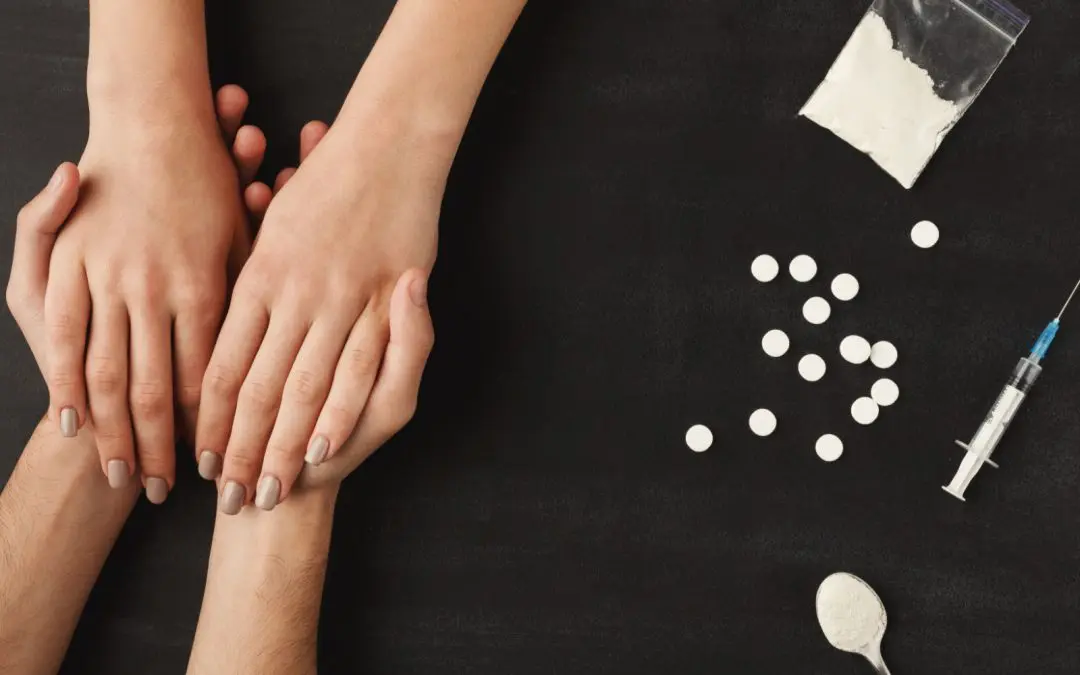24/7 Helpline:
(866) 899-221924/7 Helpline:
(866) 899-2219
Learn more about Ritalin Rehab centers in Tompkinsville
Ritalin Rehab in Other Cities
Other Categories in Tompkinsville

Other Insurance Options

MVP Healthcare

Multiplan

Kaiser Permanente

Aetna

GEHA

ComPsych

Optum

Horizon Healthcare Service

Holman Group

CareFirst

Regence

Amerigroup

Sliding scale payment assistance

Providence

Health Choice

Magellan

Health Partners

BHS | Behavioral Health Systems

Humana

CareSource

LifeSkills Service Center – Monroe County
LifeSkills Service Center – Monroe County is a private rehab located in Tompkinsville, Kentucky. Lif...








































































































